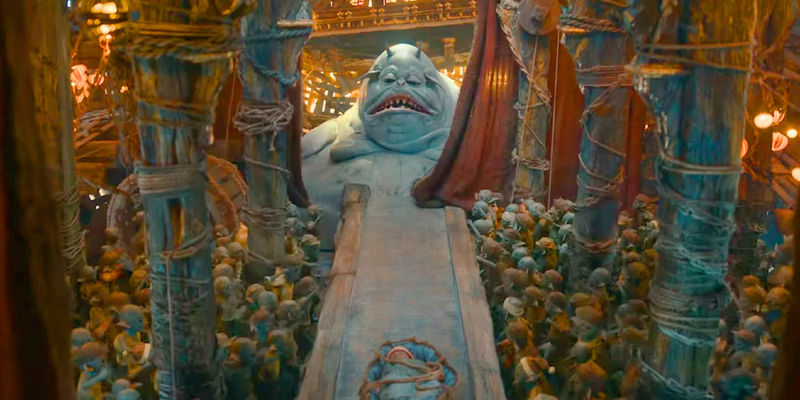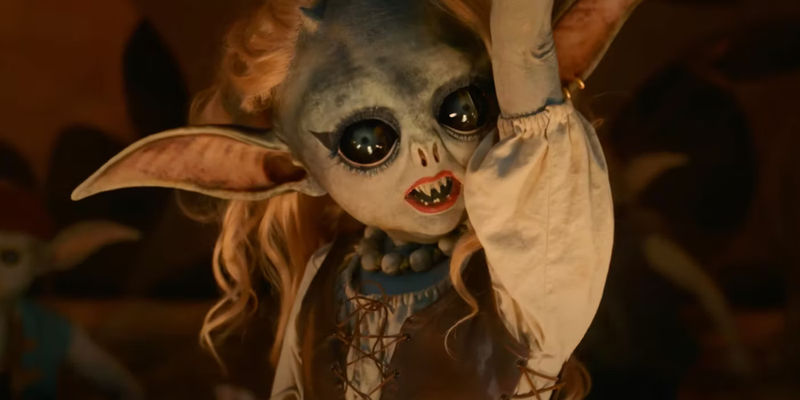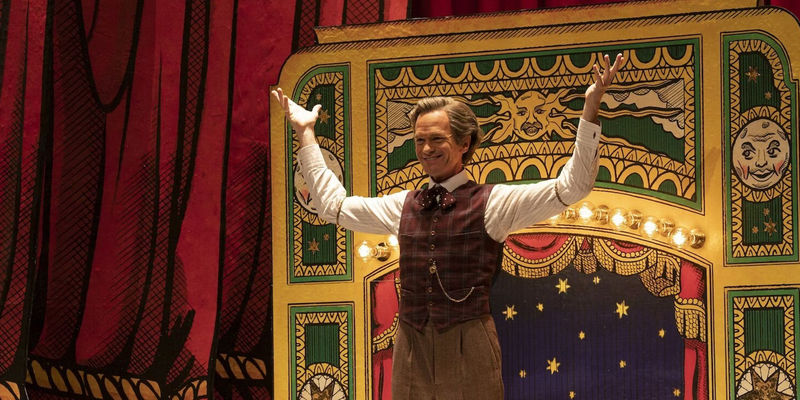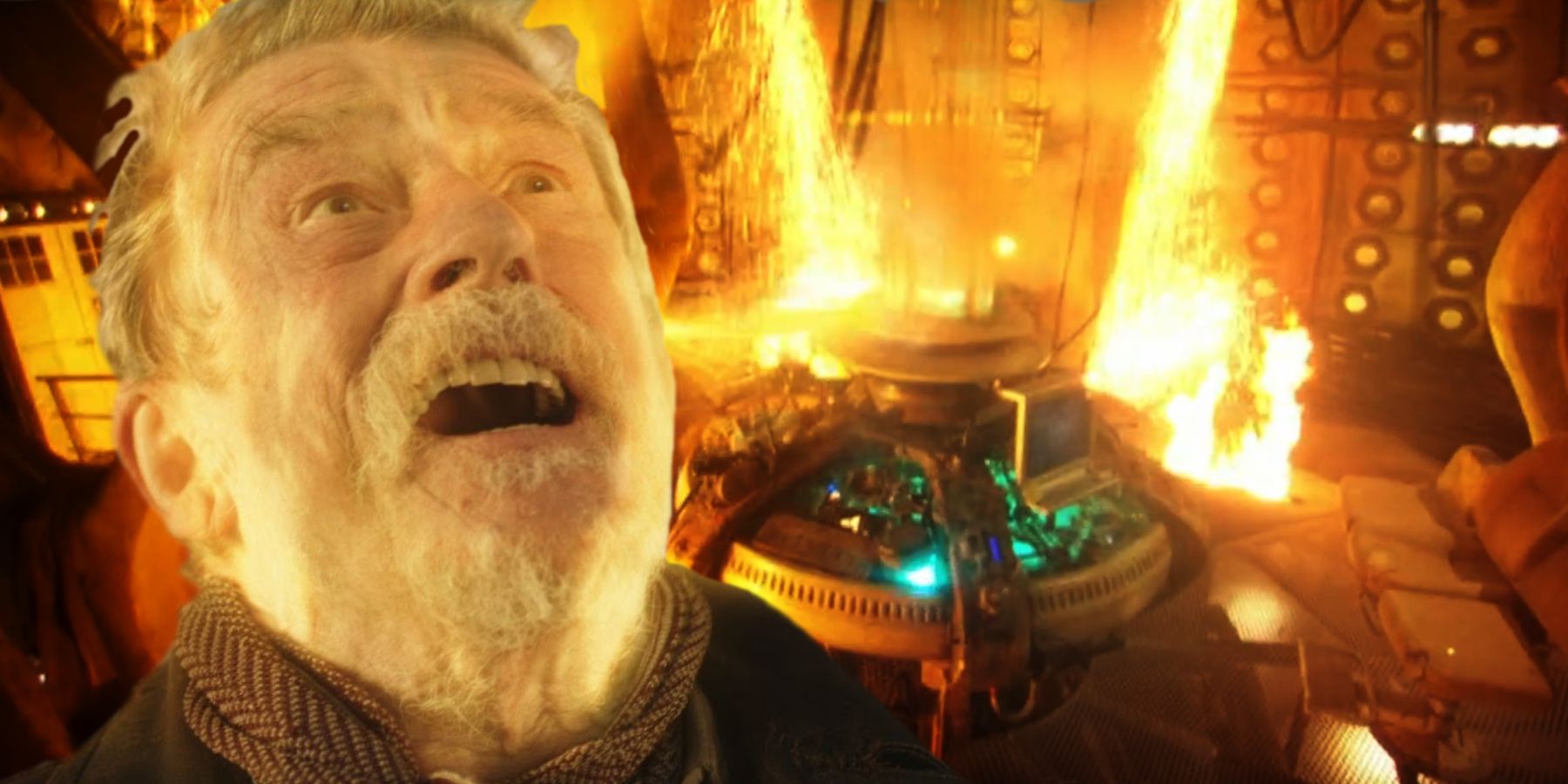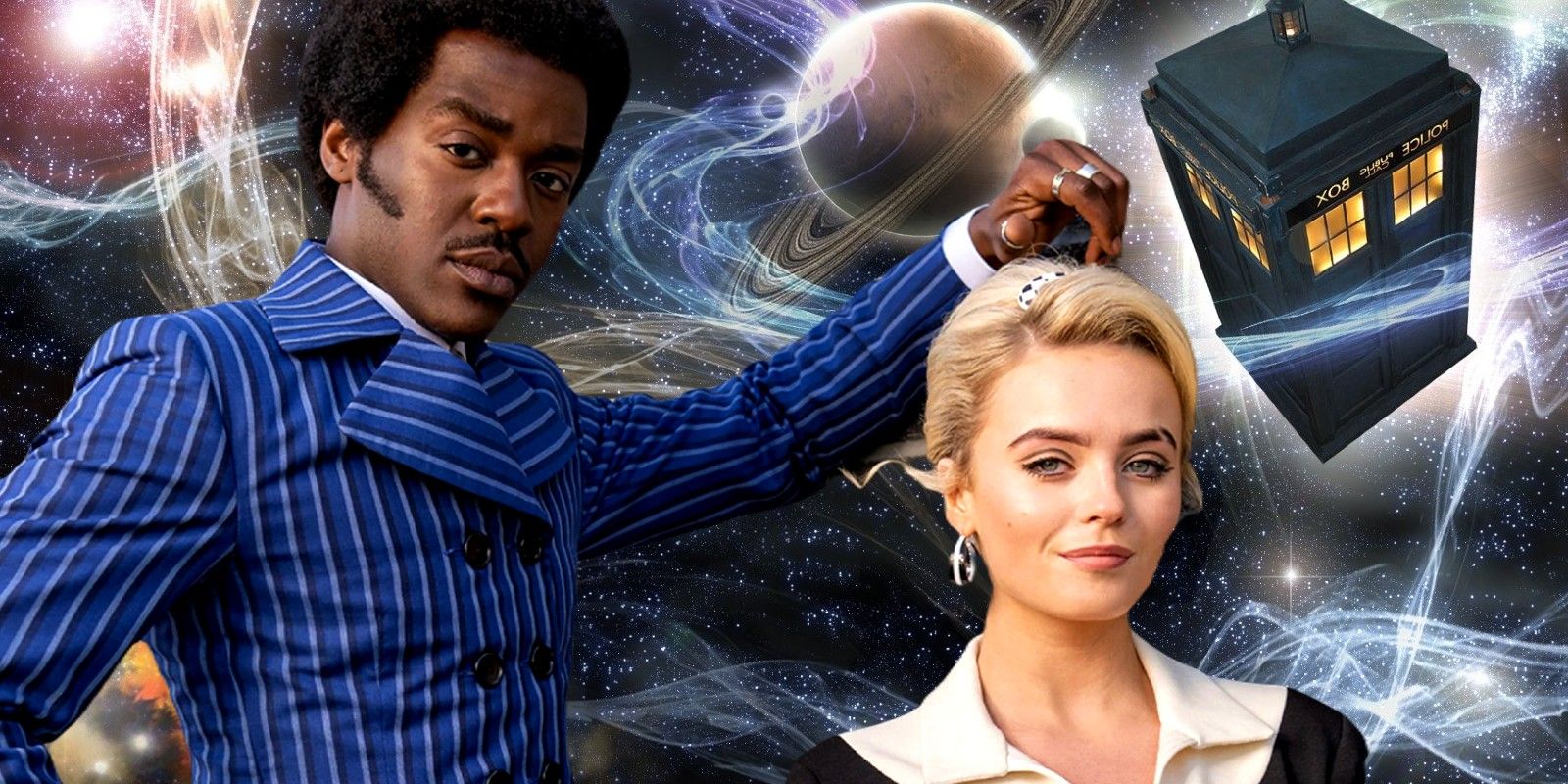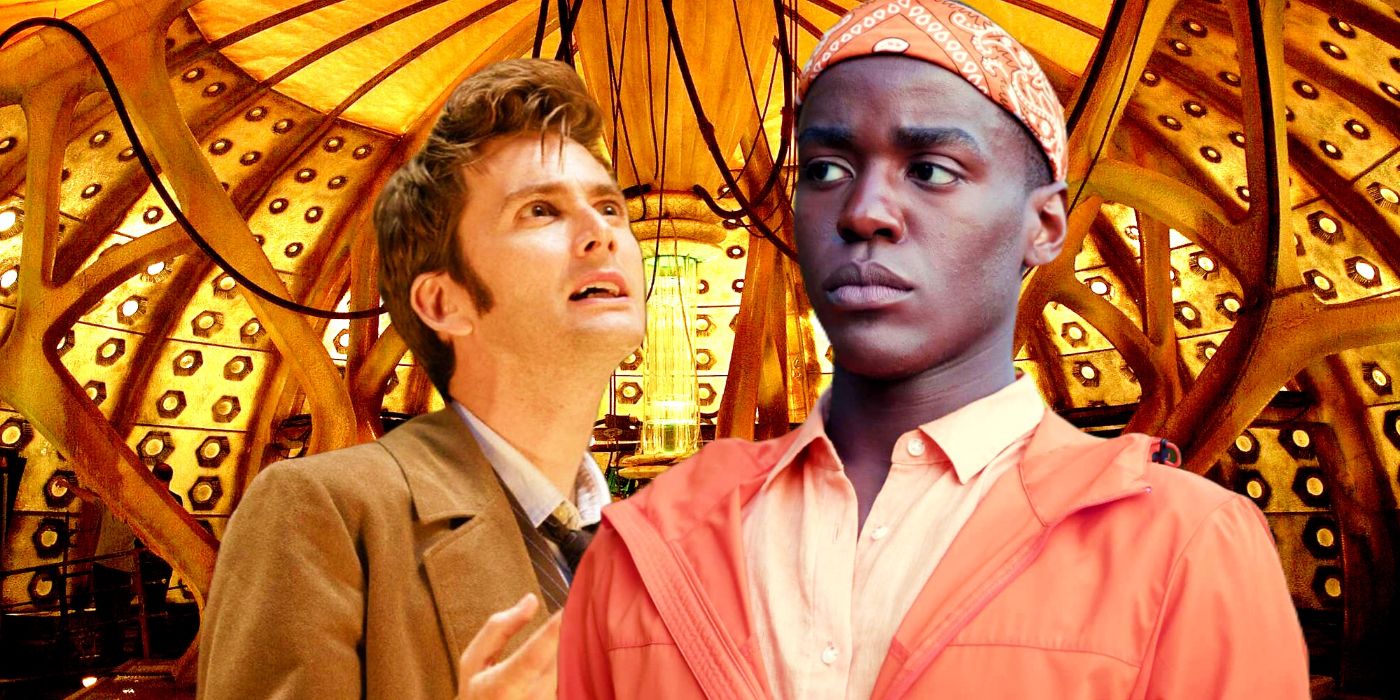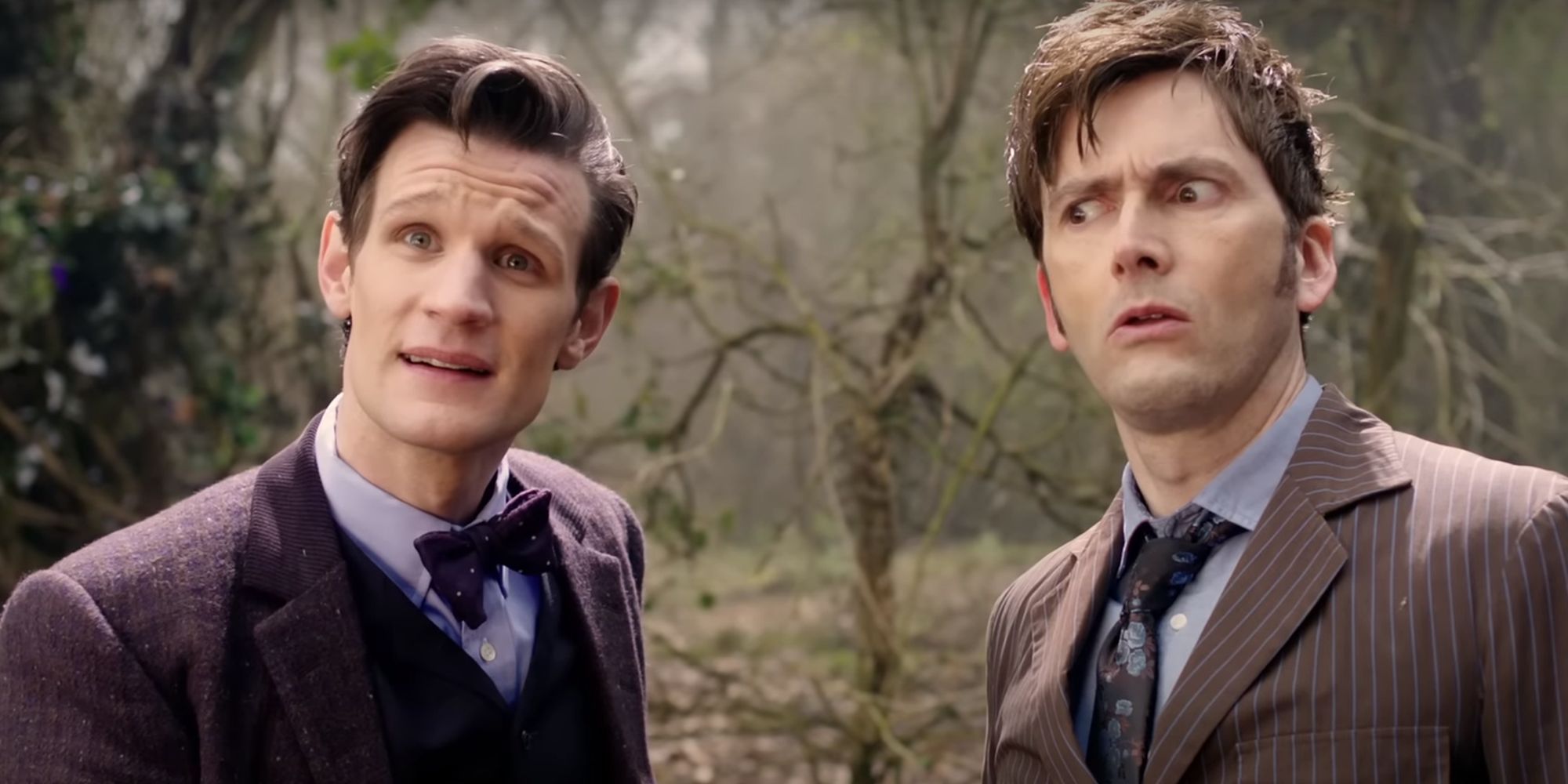
Doctor Who's Goblins Explained: Toymaker Connection, Magic & Time Travel

An in-depth exploration of the Doctor Who Christmas Special, 'The Church on Ruby Road,' and the introduction of Goblins as a new threat in the Whoniverse.
Introducing the Goblins in 'The Church on Ruby Road'
The Doctor Who Christmas Special, 'The Church on Ruby Road,' introduced a new threat to the Whoniverse - Goblins, led by the Goblin King. Doctor Who's 60th anniversary year is essentially ending in the franchise's latest relaunch, with Ncuti Gatwa taking the reins as the Fifteenth Doctor. 'The Church on Ruby Road' serves to introduce viewers to Millie Gibson's Ruby Sunday, the Doctor's latest companion, and she is deliberately positioned as a mystery the Doctor must solve - a fellow foundling, abandoned at the doorstep of a church when she was just an infant.
Doctor Who Goblin King
The villains of 'The Church on Ruby Road' are subtly different to anything seen before in Doctor Who. Returning showrunner Russell T. Davies has revealed the Toymaker was the first quasi-supernatural Doctor Who villain of this bold new era, and he will be pivoting toward some far more fantastical threats now. The Goblins are the beginning of this, fashioned as a terrifying threat who blend all the best Doctor Who tropes with legends and superstition.
Doctor Who Goblin Singer
The Goblins' Luck & Magic In Doctor Who Explained
In Western folklore, goblins are mischievous and malicious creatures who often harass individuals or households. Doctor Who's goblins correspond with these traditions, because the Doctor describes them as carnivores who draw power from coincidence and accident. They are presented as the gremlins who make machines malfunction, the manipulative beings who make sure things keep going wrong in people's lives - and they prefer near-misses to fatalities, because the near-miss in itself generates more power due to the lack involved. They kill when they are done toying with their prey.
The Doctor suggests the Goblins may have been on Earth for a very long time, because he is excited by the possibility they may be the cause of every accident that has ever happened. This single line of dialogue links the Goblins with one of Doctor Who's oldest tropes, because the best Doctor Who villains are always rooted in everyday experience. Who hasn't had a near-miss, a moment of fortune or misfortune, a string of bad luck? According to the Doctor, these are times when Goblins have fixed their attention upon human beings, drawing sustenance from them.
The Doctor Who Christmas Special portrays the Goblins as carnivores who particularly love to devour babies. This fits well with many Celtic, Germanic, and Norse myths of Goblins - and even with the Muki of South America. Oddly, though, these particular legends are often tied to the story of changeling - babies taken into the realm of the supernatural, with a replacement left behind. This is surely no Goblin-esque coincidence, given Ruby Sunday is literally a baby left behind on a church doorstep. The clear implication is that Doctor Who's ongoing story is dealing with fantasy as much as science-fiction, and that the mystery of Ruby's origin is somehow just as fantastical as the Goblins themselves.
Doctor Who The Giggle Neil Patrick Harris as The Toymaker
Why Doctor Who's Goblins Aren't Proper Time Travelers
The Goblins tap into the power of coincidence, and they are actually able to use it to interact with the flow of time. According to the Doctor, it is their time-sensitivity that allowed them to sense the coincidences building in Ruby's life, and they latched themselves on to her to add further seasoning with a string of bad luck. Later, the Goblins even use the sheer power of coincidence to jump back in time - where they try to kill Ruby herself. Doing so transforms the present, with the Doctor suddenly living in a world without Ruby.
The Doctor doesn't consider the Goblins to be true time travelers. This may just be a degree of snobbery on his part; past incarnations were critical of Captain Jack's vortex manipulator, for example. But it's more likely because the Goblins' ability to travel through time is too limited; he describes them as surfers who ride the swell of time around their prey. In this case, they are likely boosted by the scale of coincidence surrounding the Doctor himself. They would be able to achieve tremendous feats because of the phenomenal amount of raw power surrounding the Doctor and Ruby. It's possible they are usually unable to do the kind of things seen in 'The Church on Ruby Road.'
The Doctor's comment about them possibly being responsible for every accident of string of bad luck in history means they could turn up anywhere and anywhen, a potential recurrent threat - and an exciting one, at that.
The Toymaker May Be Connected To Doctor Who's Goblins
The final Doctor Who 60th anniversary special, 'The Giggle,' featured the Toymaker - a cosmic being of godlike powers who swore he would be avenged by his legions. While it's possible the Goblins are part of these legions, that seems unlikely; the Doctor suspects the existence of the Goblin King, as though he'd heard of things like this before. Rather, it's more likely that the connections are thematic; that both the Toymaker and the Goblins are fantastical villains, representative of the kind of enemies that will be featured in the Ncuti Gatwa era.
The Goblin King may have died in 'The Church on Ruby Road,' but the Doctor clearly believes the creatures are scattered all over time and space. If this is the case, it's entirely possible the Goblins will return in the future of Doctor Who, perhaps seeking revenge on the Doctor and Ruby Sunday. The Doctor's comment about them possibly being responsible for every accident of string of bad luck in history means they could turn up anywhere and anywhen, a potential recurrent threat - and an exciting one, at that.
